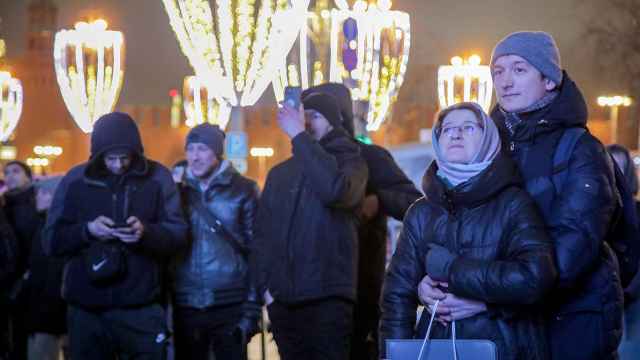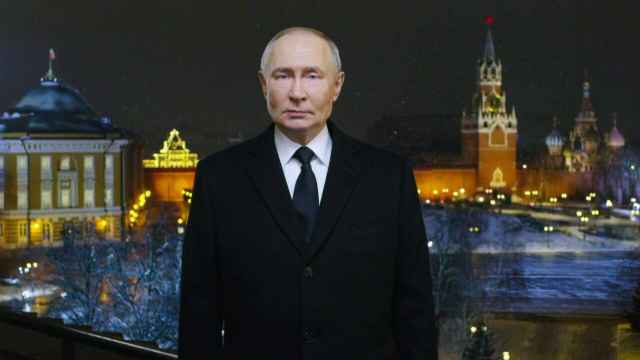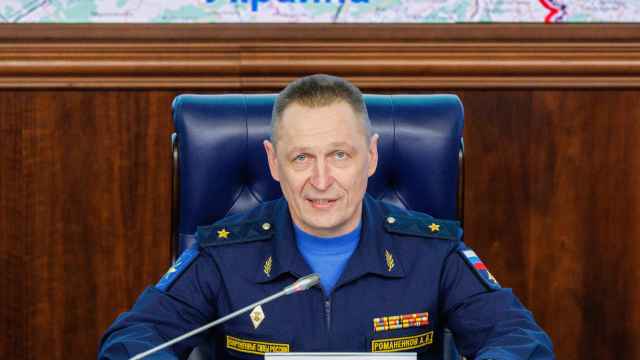Russia's Constitutional Court is to review a controversial law requiring civil society groups to register as "foreign agents" if they receive funding from abroad.
The court will sit on March 6 to consider applications filed by the Human Rights Commissioner Vladimir Lukin and various non-governmental organizations challenging the law as unconstitutional.
Representatives of one claimant, the Kostroma Center for Civic Initiatives Support, filed an official complaint with the court's chairman, Valery Zorkin, earlier this week, protesting the length of time taken to review the case.
Attorneys with the Agora association, which represents the NGO, also made an application to the European Court of Human Rights on Tuesday.
The Kostroma Center appealed to the Constitutional Court after it was fined 300,000 rubles (about $9,000) last May for breaching the "foreign agents" law. Its executive director, Alexander Zamaryanov, was also personally fined 100,000 rubles.
Prosecutors claimed that the NGO received foreign funding and was engaged in political activity, but had failed to register as a foreign agent. They accused the organization of holding a round table panel in February that was attended by an American diplomat.
The NGO lost an appeal against the verdict. Its application to the Constitutional Court argues that the law lacks a clear definition of political activity, which leads to abuses of citizens' constitutional rights.
The law passed in November 2012 obliges all NGOs that are engaged in political activity and receive any funding from abroad to register as "foreign agents" and include the label on all of their publications.
Fines of up to 500,000 rubles can be imposed on those who refuse. Some 2,000 rights groups and NGOs have been subjected to raids by prosecutors and other officials since March as the Justice Ministry sought to enforce the law.
Civil society groups have fiercely criticized the law, saying that the phrase "foreign agent" revives a Soviet-era term used to label critics of the authorities as traitors and spies.
Eleven NGOs, including the Moscow Helsinki Group, lodged a complaint with the European Court last February.
A Message from The Moscow Times:
Dear readers,
We are facing unprecedented challenges. Russia's Prosecutor General's Office has designated The Moscow Times as an "undesirable" organization, criminalizing our work and putting our staff at risk of prosecution. This follows our earlier unjust labeling as a "foreign agent."
These actions are direct attempts to silence independent journalism in Russia. The authorities claim our work "discredits the decisions of the Russian leadership." We see things differently: we strive to provide accurate, unbiased reporting on Russia.
We, the journalists of The Moscow Times, refuse to be silenced. But to continue our work, we need your help.
Your support, no matter how small, makes a world of difference. If you can, please support us monthly starting from just $2. It's quick to set up, and every contribution makes a significant impact.
By supporting The Moscow Times, you're defending open, independent journalism in the face of repression. Thank you for standing with us.
Remind me later.





